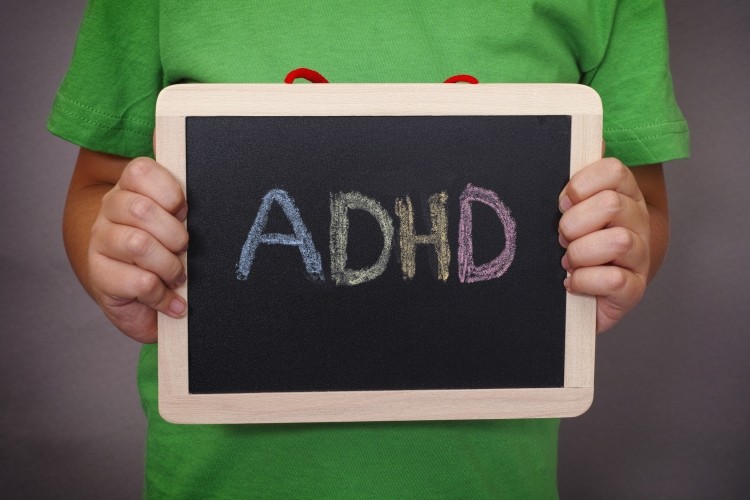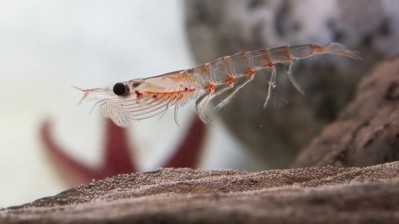DHA omega-3 may offer ADHD management potential

Children aged between six and 18 participated in the randomized double-blind placebo-controlled trial, which found that improvements in behavioral measures were already detected after three months of supplementation.
The study is said to be the first to investigate if this highly concentrated DHA supplementation - Brudy NEN Emulsión from Barcelona-based Brudy Lab, S.L – had any benefits on ADHD symptoms in children, compared to placebo.
“The present study adds to evidence suggesting that [omega-3] DHA dietary supplementation may be a beneficial complementary therapeutic approach in children and adolescents with ADHD,” wrote scientists from University of Oviedo and the University of Barcelona in the journal Neuropsychiatric Disease and Treatment.
A body of evidence
A 2017 meta-analysis from scientists at King’s College London of seven clinical trials involving over 500 children and adolescents indicated that omega-3s were associated with improvements in clinical symptoms of ADHD, while data from three clinical trials involving over 200 children and adolescents indicated a positive impact on cognitive measures associated with attention.
Writing in the journal Neuropsychopharmacology, the authors of the meta-analysis noted that: “[Omega-3] PUFAs are crucial for optimal neurotransmitter function: for example, incorporating more EPA and DHA in the cell membrane can increase cholesterol efflux, modulate lipid raft clustering and disruption, and affect the function of the dopamine transporter (DAT), which in turn may affect attention and executive function by regulating synaptic dopamine levels.”
Study details
The new study included 95 children and adolescents aged between six and 18, with 66 participants completing the study. Participants were given sachets of providing placebo or 1,000 mg of DHA, 90 mg of EPA, 150 mg of DPA, plus 4.5 mg of vitamin E (D-alpha-tocopherol) as an antioxidant and 0.94 grams of carbohydrates. Doses were dependent upon the size of the child: One sachet per day in children weighing 70.5 lbs (32 kg) or less, and two sachets per day for children weighing more than this.
After six months of supplementation, the results showed that participants in the DHA omega-3 group experienced changes in behavioral measures, compared with placebo, and these were detected after three months.
On the other hand, both groups displayed improvements in the cognitive tests, with the DHA group displaying greater improvements, said the researchers.
Scores from the Scale for the Assessment of Attention Deficit Hyperactivity Disorder (EDAH), which was completed by the parents of the children and adolescents, showed that DHA supplements led to beneficial effects on symptoms of ADHD.
The researchers called for additional studies to continue to explore the potential benefits of DHA for ADHD symptoms, and to better understand the potential mechanism of action.
Omega-3 Webinar
Join experts from Wiley's Finest, the Global Organization of EPA and DHA Omega-3s, OmegaQuant, and Amin Talati Wasserman for a dive deep into the omega-3 waters to explore the supply chain, quality standards, innovative new forms and products, the state of the science, and how the industry feels moving forward.
For more information and to register for FREE, please click HERE.
Source: Neuropsychiatric Disease and Treatment
Volume 15, Pages 1193–1209, doi: 10.2147/NDT.S206020
“Supplementation with high-content docosahexaenoic acid triglyceride in attention-deficit hyperactivity disorder: a randomized double-blind placebo-controlled trial”
Authors: C. Rodríguez et al.










